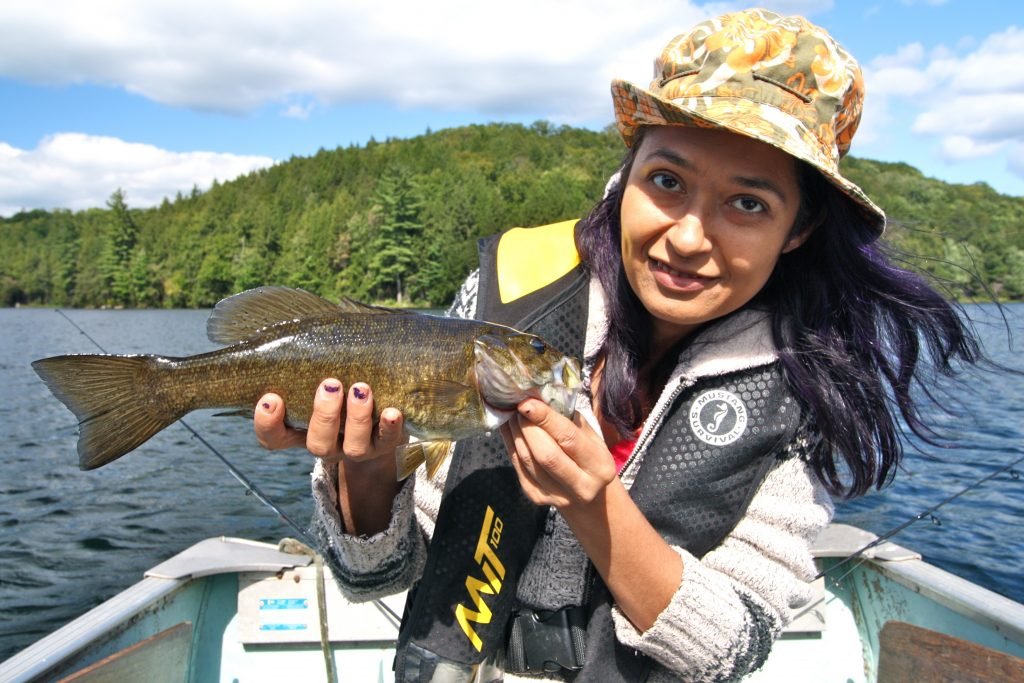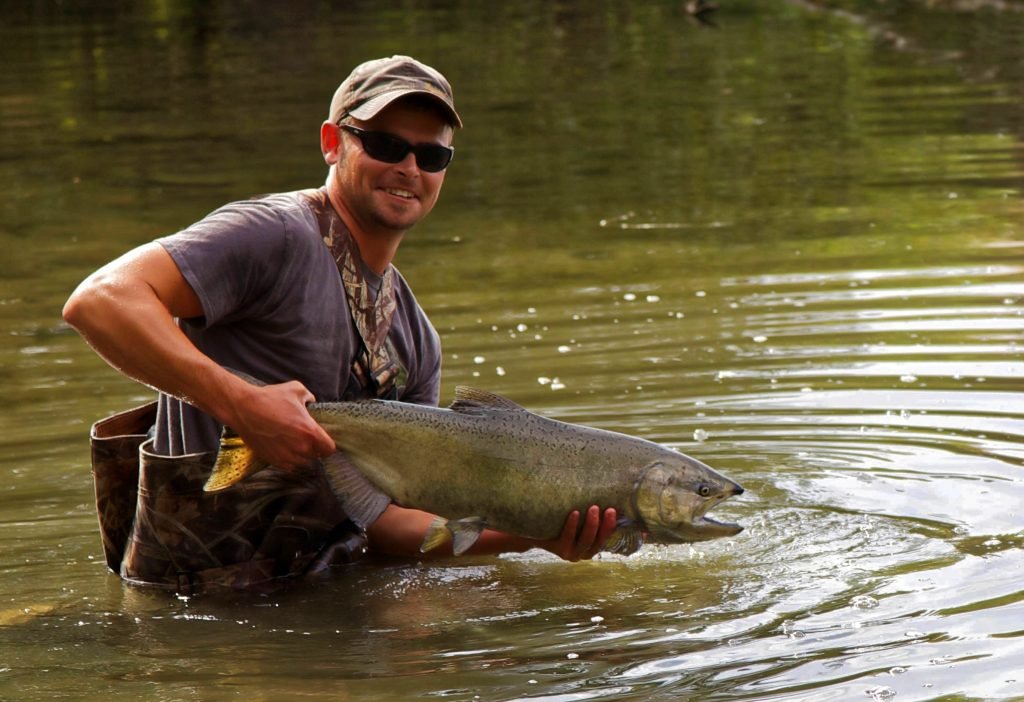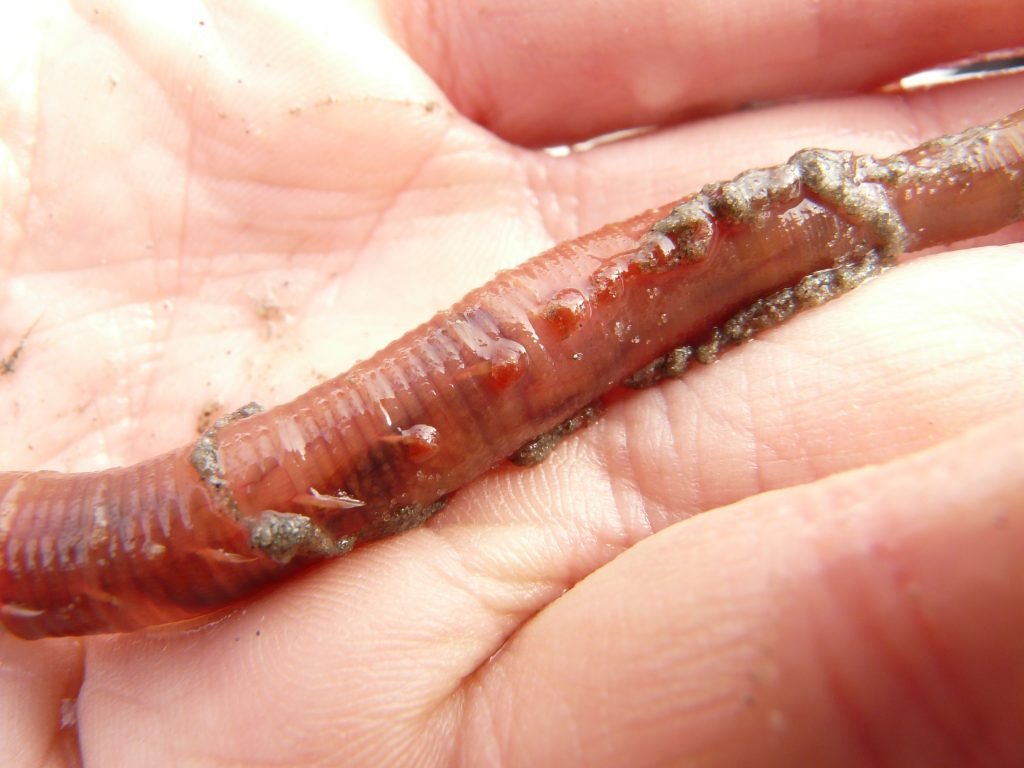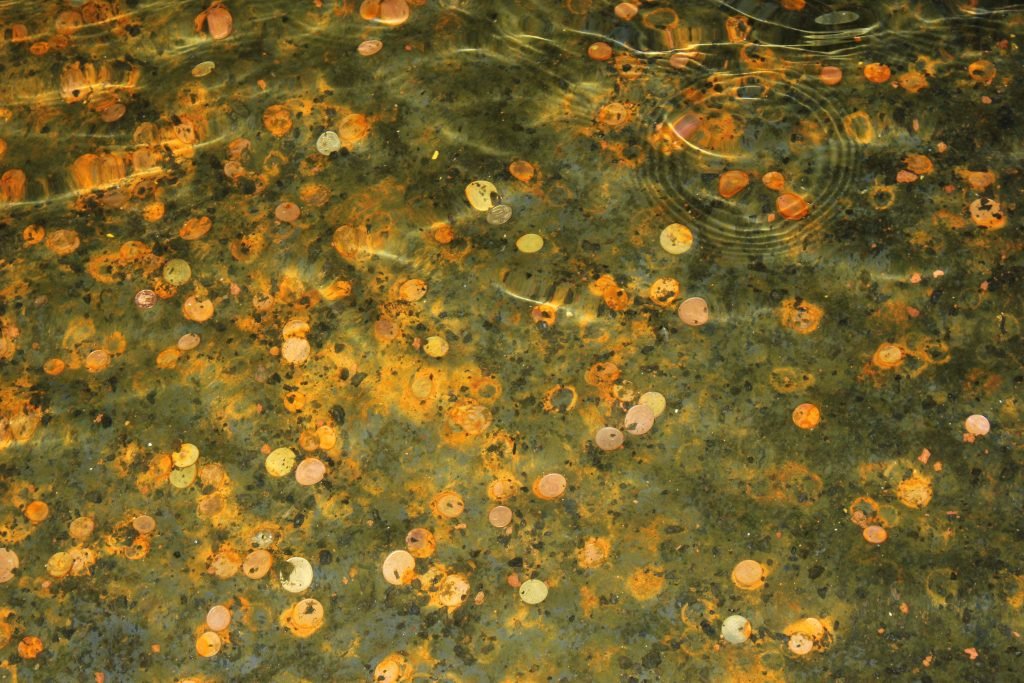
Anglers, the world over, hold fast and true to their customs, traditions, and absolute musts as if the world depends on them. Fishing superstitions have a history that goes as far back as man has been fishing. Some of those beliefs are staunchly embedded in our fishing systems today. Here are 10 of the more common myths among modern fishermen. Throughout this tale, you’ll find an almost limitless supply of quarks and myths you might never have heard of.
Did you know that bananas on the boat will prevent you from catching any fish?

Check out some more myths of boating mishaps
Stories have been traced back to the 1700s about crews meeting their demise while at sea. Many of them were carrying cargo containing bananas. Now, what makes the banana so evil?
The stories of not catching fish have been attributed to a few, simple, factors. The ships were carrying a perishable commodity. They had to move quickly to deliver the product before their profit margins died. Moving at the more accelerated speeds makes the “normal” fish bite less common and, therefore, less likely. Limited bait while on a longer voyage would result in less variety when trying to attract fish. This would be especially problematic when the crew couldn’t catch bait to supplement their on hand supply.
Dangerous additions were common in older shipping methods (snakes, spiders, rodents). Perishable cargo, especially sweet perishables, would be a good attractant for these disease laden creatures. Remember, these crates were not thoroughly inspected back in the day. Nowadays, the threat is not as significant, but the cultural memory remains strong. And, as superstitions tend to go, the longer the story is in circulation the more the details get distorted.
NEVER whistle while you’re fishing!
Back, in the day, sailors believed strongly in the presence and influence of “the gods.” The Greeks had Poseidon, Galatea, Leucothea, Nereids, Sirens, Triton, and more. These were gods and magical spirits who were influential over everything water oriented. Calm seas, storms, plentiful catches, reefs, and even clean decks were manipulated and controlled by these gods. Norse stories tell of Aegir, Mimir, Njord, Ran, and others who could make or break the seaman’s quest at hand.
It became a superstition that if you challenged these gods by mimicking their services you would be punished. Clap your hands and the gods may believe you are mocking thunder. Whistle and you could be summoning the wind. Now some wind is beneficial for older ships that were dependent on their sails. Strong and damaging winds were a sign that a voyage would soon be doomed. In an era of seamanship that did not have scientific studies to determine the cause of shifting weather, why risk damaging your odds?

Pirates had some of the best superstitions around. Check out these myths.
Ask just about any man and you’ll be told: Women are bad luck on a boat.


The age-old tale: a man, alone at sea, will be obsessed with one consuming thought…the company of a woman.
Have a woman on the ship with him and he will focus on her instead of the job at hand (so they say). Case in point is the draw of the siren’s call distracting the unsuspecting, lonely, seaman throughout mythology. Mesmerized by the siren’s song they would crash their ships and perish in the arms of these magical woman-beasts.
While one would hope a male is more capable of controlling his desires in the modern age, some still hold fast to the superstition that a woman will distract the men too much to make a co-ed voyage successful.
*A bit off-topic, but still following the philosophy behind these stigma of women not being suited for sea life; check out this article on how women are less prevalent in seafaring careers.
Did you know that you must throw your first catch back for good luck while fishing?
Though the origins are a bit difficult to track down, the philosophy is rather steadfast in the fishing community. Modern renditions have even carried this superstition further. Ever wondered why your favorite angler kisses, sniffs, or spits on his catch before returning it to the waters? It is very likely he got the idea through the generations of anglers passing on similar traditions. There is an belief that this pleases the fish or the gods, even if it’s not what he’s thinking when he does it. You could say it’s a form of paying homage to the angler’s benefactors.
And, no: The fish getting away before you land it doesn’t count…

Check out some other weird superstitions in the fishing world.
Some anglers have said that you won’t catch anything the rest of your trip if a dragonfly lands on your bobber.

There’s a whole breakdown of the myths surrounding dragonflys on the internet.
Now, here is where superstitions get tricky. The dragonfly is actually a good omen.
There is some validity to the theory a plentiful supply of dragonflies near a fishing hole will mean there are plenty of fish to catch. Many species of fish are fond of the taste and will gravitate to areas where they can find plenty of these tasty morsels to eat. Many cultures also believe that a dragonfly landing on you is a sign of luck. Some claim it brings you prosperity and your harvest will be plentiful. The problem is when that good sign turns bad.
Many superstitions hold that a dragonfly circling you indicates that it is measuring your soul to prepare for its transport to hell…The theory that the dragonfly landing on your bobber will end your lucky streak may stem from a similar concept. Perhaps the thought is that the dragonfly has cursed the bobber and is telling the fish that you are there?
If you fish with a group (especially if one of the people is new to fishing) only the first person to catch a fish will have good luck during the trip.
There is a strong and rather unwavering streak of competitiveness among anglers. The challenge to one-up yourself, your friends, and your enemies runs strong among this group of adventurers. Even when it’s a friendly challenge, the reality of competition is still present.
AJ and I are no exception. We are constantly rooting each other on, encouraging each other to get the bigger, better fish or the larger quantity. But underneath, there’s also that drive, that game of who can catch the bigger fish? Who can catch the first fish? We even have running jokes about who can catch the smaller fish and who will catch the bigger stick. Competition (friendly or not) is common among humans, and especially anglers. The sense of “loss” can often lead to the need to justify or assign meaning to not being the “winner.”
This is quite possibly the root of the superstition that when you fish in a group, if someone catches a large fish (especially if he is a newbie to the world of fishing), the rest of the fishing party will have small or no catches. While the theory is one of the less prevalent myths, the hint of its influence is commonly heard amongst anglers chatting.
Never bait a hook with a worm using your left hand

History is full of events singling out lefties as problematic for society in general.
In the “old” days there were numerous philosophies about left-handed people. Throughout history, they have been accused of being devil’s spawn, demons, cursed, mentally deficient, and the list goes on and on. AJ and I are old enough that we grew up in the tail end of some of these more cruel theories. Both of us had (and have) propensities for being more left-handed than not. I, for one, can not fish right-handed but I will switch between my right and my left hand when baiting my hooks. AJ, on the other hand, can not bait her hook with her right hand even if she tries. And I can assure you, she is far “luckier” at catching fish than I!
If you come across a rabbit on your way to fish you won’t catch anything.
Anglers, seamen, lovers of the water…we are a strange lot…Myself included…So it stands to reason that their beliefs and traditions will go a bit against the grain when it comes to the habits and beliefs of “land-lovers.” On land, a rabbit’s foot is good luck. Rub it and you’re likely to achieve your goal, get that job, or win that race. On the water, however, the opposite becomes reality.
While I have yet to find a satisfactory origin of the superstition, I can’t help but believe the divide between sea-lovers and land-lovers is the source of the conflict.
Rabbits are not designed to survive at sea and are not a staple in the diets of water-locked creatures. It stands to reason that they would not enter into the equation, then, when searching for a fish attractant. Now yes, some species are know to eat land creatures. Bass and Catfish in particular. Rabbits, however, rarely fall into the mix.

Toss a coin into the water for luck before you start fishing.

Have you ever wondered about those coin fountain myths?
Every culture throughout history has some form of tradition involving paying homage, offering gifts, or showing gratitude to the “gods” of the culture. In ancient times, even on land, the significance of healthy, fruitful, or bountiful waters was prized as a gift from those gods. It was tradition to repay or thank those gods for the gift of that water by offering a comparable prized possession. Coins, precious metals, and jewels were some of the most cherished commodities of every culture in history which made them the common offerings.
That correlation carried over to anglers through the belief that if you offered a coin to the gods you would get the food you needed to feed your family. Today, where the need to catch food is not as demanding and the payment to nature is not as common, there is still an adherence to tradition by some anglers.
You can’t fish without that lucky hat…or reel, or lure, or…
The belief is not so much about the hat as it is the belief in a “lucky charm.” Humans, by nature, doubt themselves. Throughout history, we have stories of people who faced unbearable challenges that they could never have accomplished on their own. Luckily, they were presented with a talisman that provided them with luck, strength, or some other skill they needed to accomplish their mission.
There are few things in today’s world that will put your confidence into question faster than a string of “skunked” days fishing. (I talk in depth about this in my article, “The Golden Rule of fishing). Anglers, especially after a long dry-spell, frequently turn to a possession, an object of one form or another, that will bring that confidence back and allow them to “turn their luck around.” A special hook they keep on their hat. A special coin that is always in their pocket. The specific hat that they caught that PB trout while wearing…The object is the source of their confidence and allows them to get past the “problem” they are battling. Be it a miracle or a change in conditions, you’ll never change the superstitious minds of these tried-and-true anglers.

Want to learn a little more about lucky talismans for fishing?

